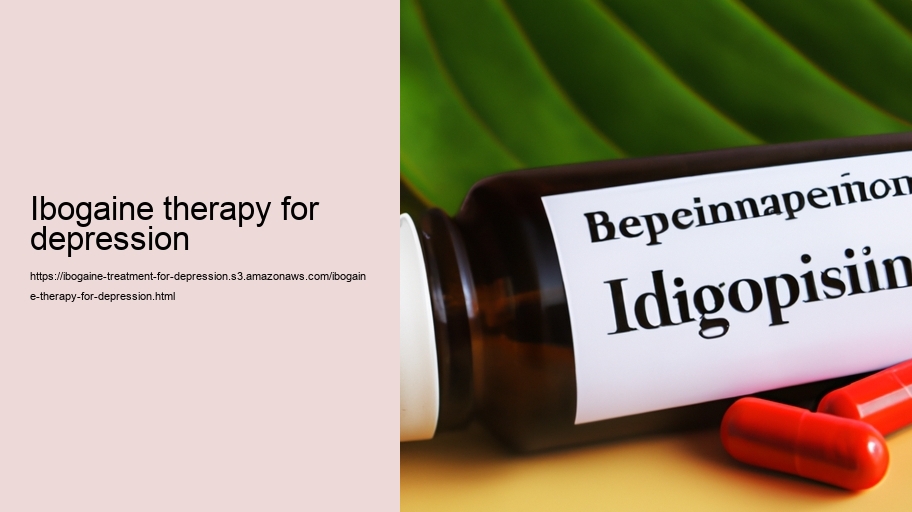Ibogaine Therapy for Depression: An Exploration of Alternative Treatment
Depression is a pervasive and often debilitating mental health disorder affecting millions worldwide. Traditional treatments, such as psychotherapy and pharmacotherapy, have proven effective for many individuals. However, some patients either do not respond adequately to these conventional methods or experience intolerable side effects. Consequently, there is a growing interest in alternative therapies that can provide relief where traditional approaches may fall short. One such alternative treatment gaining attention is ibogaine therapy.
Ibogaine is a naturally occurring psychoactive substance derived from the root bark of the African shrub Tabernanthe iboga. Traditionally used in spiritual ceremonies by indigenous peoples in West Africa, it has piqued the curiosity of modern medicine due to its potential therapeutic effects. Proponents suggest that ibogaine therapy could offer a novel approach to treating depression by addressing underlying issues rather than merely alleviating symptoms.
The process of ibogaine therapy typically involves a single administration of the drug under medical supervision. Ibogaine is known for inducing a profound psychedelic experience that can last up to 36 hours. During this intense period, patients report experiencing vivid visions and emotional insights that are believed to help them confront past traumas and negative thought patterns contributing to their depression.
The proposed mechanism behind ibogain's effectiveness lies in its ability to modulate neurotransmitter systems involved in mood regulation – particularly serotonin, dopamine, and glutamate pathways. Additionally, it has been suggested that ibogaine stimulates neuroplasticity, which enhances the brain's ability to form new connections and adapt to change – potentially leading to lasting improvements in mood and cognition.
Despite anecdotal reports of success among those who have undergone the treatment, scientific research on ibogaine therapy for depression remains relatively scant. The existing studies are usually small scale and lack robust controls necessary for mainstream acceptance as an evidence-based treatment option.
Safety concerns are also notable with ibogaine therapy; it has been associated with several adverse effects ranging from mild nausea to severe cardiac complications. These risks underscore the importance of conducting any ibogaine treatment within controlled clinical settings under expert care - something that is currently limited by legal restrictions surrounding the substance in many countries.
Given these challenges, it’s clear why rigorous clinical trials are essential for advancing our understanding of both efficacy and safety regarding ibogaine use for depression treatment. Until then, while some may view this unconventional approach as a beacon of hope against their struggle with depression, others remain justifiably skeptical about embracing such a controversial practice without more concrete evidence supporting its benefits over potential harms.
In conclusion, while promising as an alternative intervention for those unsatisfied with traditional treatments or seeking deeper psychological insight into their condition, ibogain therapy's place in psychiatry will remain contentious until science offers clearer guidance through well-designed studies examining both its therapeutic impact and safety profile extensively.
